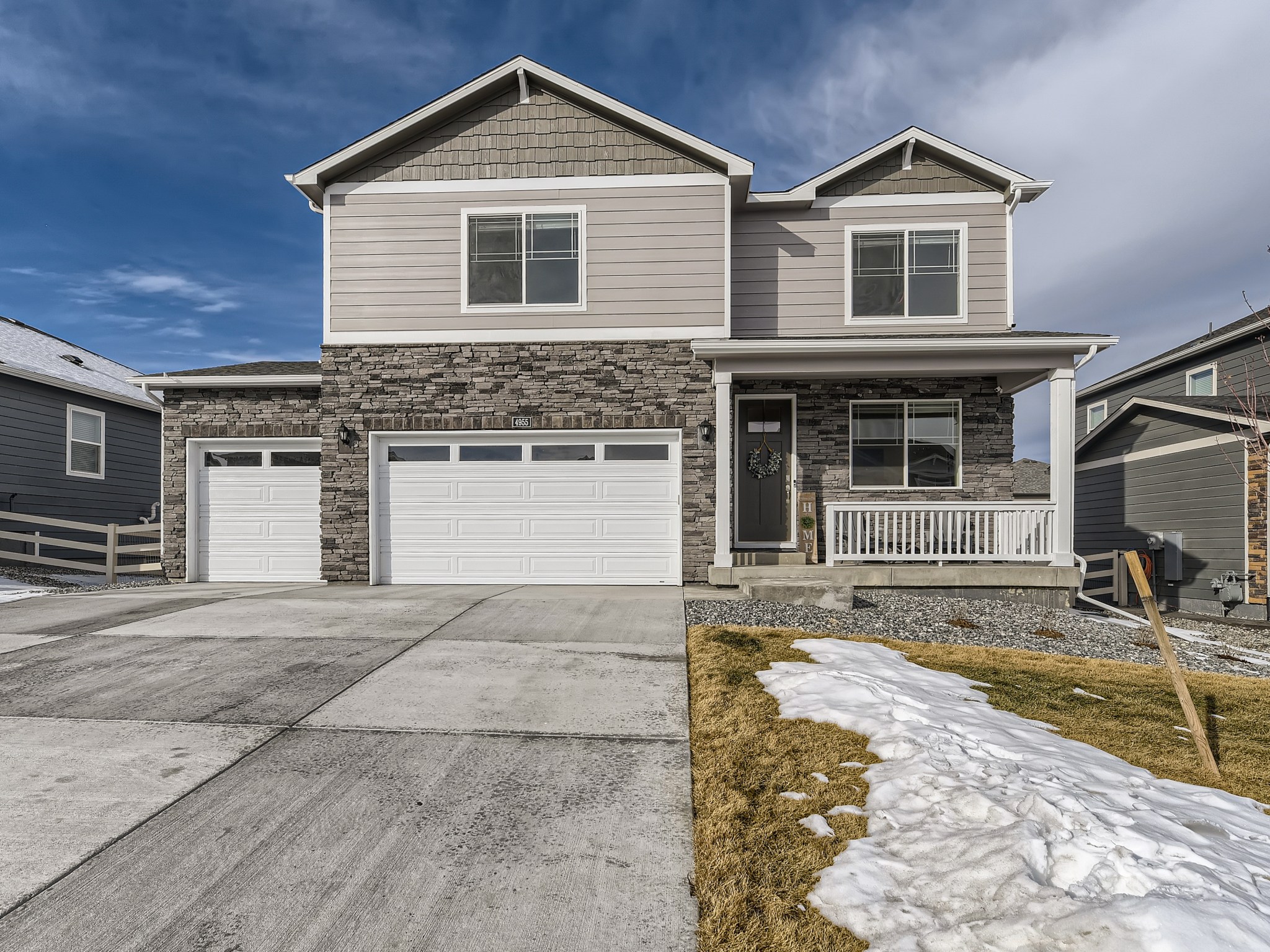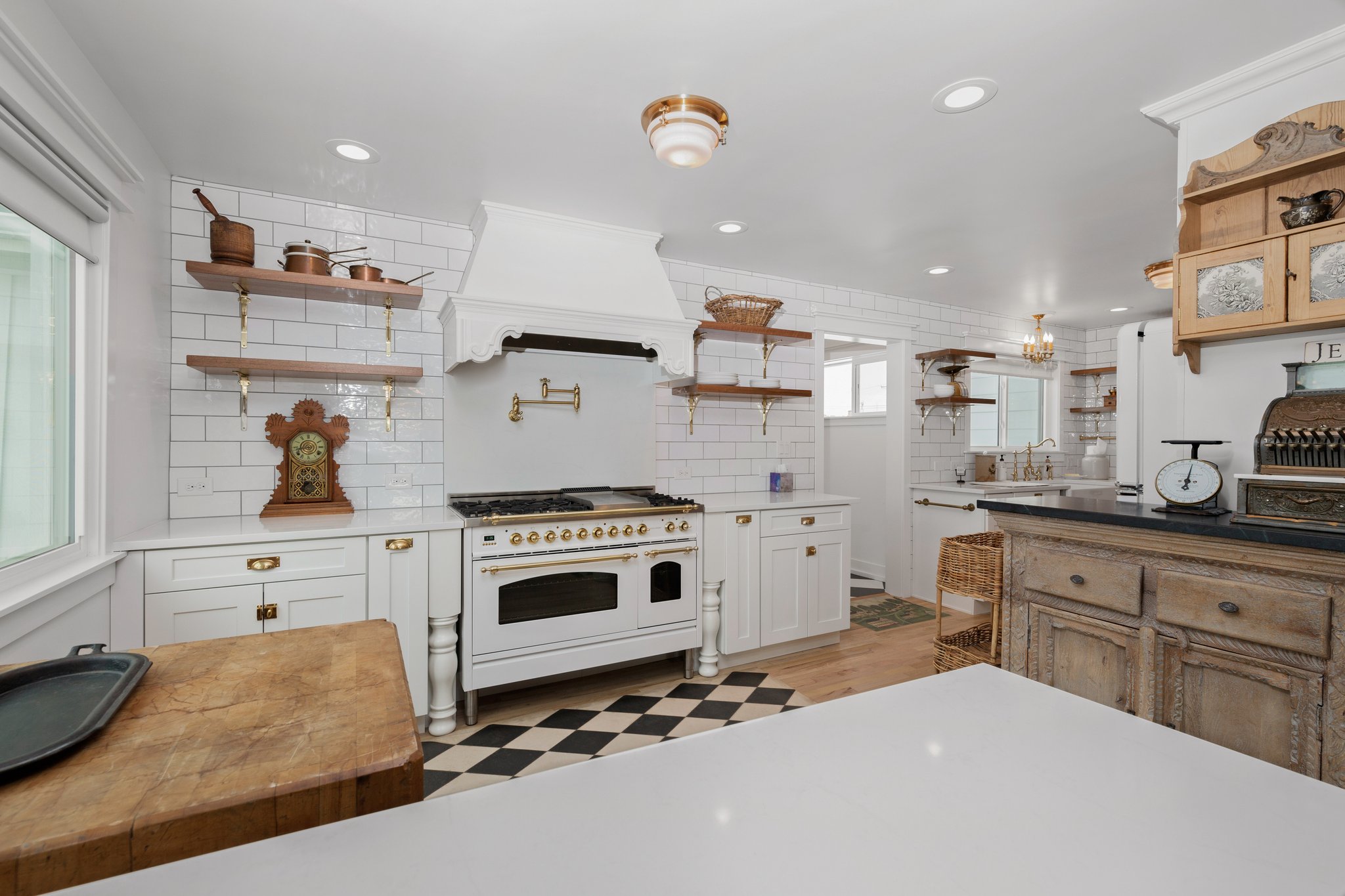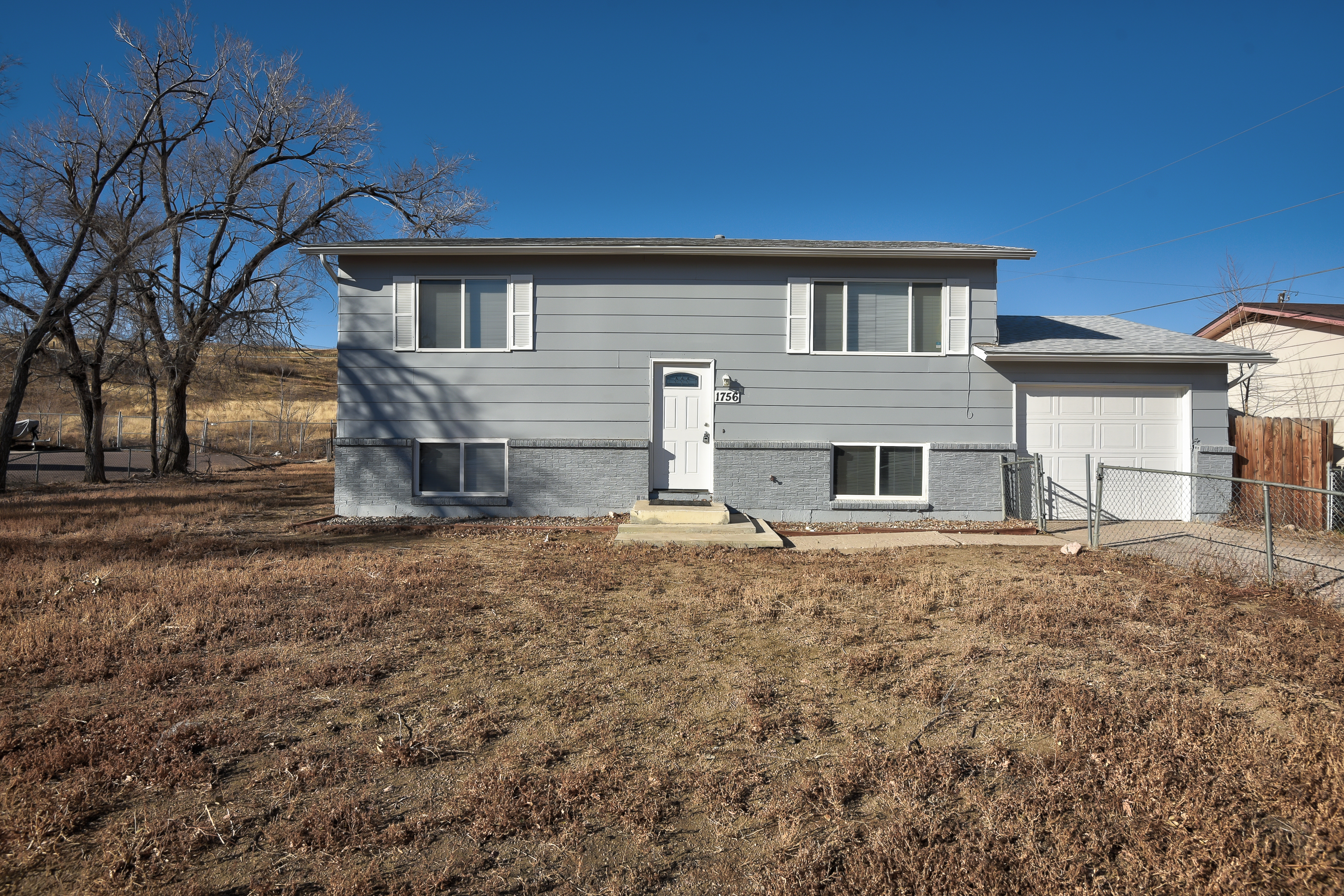Now, by this point you’ve probably identified a number of areas you could improve on your home and start reaping extra dollars in value. But there’s still another hurdle to overcome. And it’s an important one.
Each year hundreds of thousands of consumers complain to their state’s attorney general about home repair rip-offs. The National Association of Consumer Agency Administrators says home repairs are second only to car repairs on the nation’s “rip-off” list.
Here’s the inside story on the most common games played, plus a number of tips to help you avoid becoming another contractor victim.
Selecting Painters
The key to a great paint job isn’t necessarily in the painting, but in the prep work. And this is the area where you’re going to either get “taken” or get a great job. If you own a two or three story home, it’s difficult to climb up a ladder to make sure every inch has been properly scrapped, sanded, patched, and primed.
But taking the time and effort may pay off big dividends. Here are a few tips to make sure you’re getting your money’s worth out of your painter:
1. Verify that all priming and preparation has been done. Ask your painter to use a different color of primer paint than the current or finish paint color. For example, if your current paint is white, ask him/her to use a light-gray primer.
2. Get a detailed on-site estimate to avoid unpleasant surprises. You don’t need to go through three estimates for the same job. Just get two estimates if they’re in the same ballpark. But make sure they’re detailed so you know what you’re paying for.
3. Don’t scrimp on paint. Get good quality paint, even if you can only afford a single coat. But don’t buy the top of the line either. Your best bet? Select a paint that’s one-step down from the top-of-the-line premium paint.
4. Remember that painters do better on paint prices than you will. Frequently called a “contractors price,” your painter can, for example, buy paint at $22 a gallon and resell it to you for $25. Even with the mark-up, that’s still a better deal than if you bought it for retail at $28. Make certain to ask your painter how his/her paint pricing works.
5. When evaluating exterior painters, ask for addresses of homes they painted about five years ago. Then go look at them. A good paint job should last about seven years. At five years, you’ll see just the beginning of paint wear around the eaves and gutters.
6. Remember, no matter how much you haggle with potential contractors to lower their bids; they still need to make a living. You can push too hard. If you pressure painters into lower prices, this only means they have to find cheaper labor to do the job. And cheap labor means a shoddier job. Either way, you generally get what you pay for.
Selecting Plumbers
Here’s the “inside scoop” on plumbers: you won’t pay much for the “parts” they use; they make their money on labor and “mobilization charges.” Frequently plumbers will charge you a minimum of one hour regardless of how much time they spend actually doing the work.
So if you’re paying a plumber a minimum fee just to show up anyhow, why not ask him to do other work involving plumbing: fixing disposals, pool or lawn sprinkler work, leaky faucets, or washers that need replacing. Use up the minimum he is going to charge you anyhow with fix-up projects.
Plumbing problems are very difficult to estimate. To help you in the process, here are a number of tips to consider:
1. Explain your job or problem over the phone, then ask how they will fix it, how much it will cost, and when the work will start and complete. And here’s an important tip: if you live in an affluent neighborhood, do NOT give your phone number or address until AFTER you’ve been quoted a price. Some plumbers mark up prices up to 50% more when they learn you live in an affluent neighborhood.
2. Seek out “border bids” from tradesmen from not-so affluent neighborhoods nearby. Frequently you’ll find plumbers in a neighboring town may charge less than the tradesmen nearby.
3. If a highly recommended plumber has no idea about a job’s cost, negotiate a flat rate for him to inspect the problem and give you a quality bid.
4. When dealing with tradesmen who charge by the hour, ask if travel time is also included on the clock.
5. Check for shoddy work or ways in which your plumber will try to boost their profit margins at your expense. For example, some will use a ½-inch pipe instead of ¾-inch, which means that in bathrooms where there’s a shower, your toilet may not flush correctly. Or if a plumber uses L or K grade copper piping, you can expect a five to 10 year life as opposed to M grade piping which lasts 15 to 20 years. And some plumbers use plastic pipe, which is inexpensive but noisier and less durable than metal. Make sure to ask your plumber what he’s using before he starts his work.
6. If you suspect your plumber is overcharging you for materials, go out to Home Depot or a plumbing supply house and get a price on the same materials. Even if they don’t sell directly to consumers, you can still check the price tags.
Selecting Electricians
Electricians register the fewest complaints from consumers, probably because they have the most stringent national standards to meet. Before hiring an electrician, make sure he/she is a member of the National Electrical Contractors Association or a local electrician’s trade union.
You should also check (along with all tradesmen you consider) that: 1) he’s licensed and insured; 2) he has no complaints with the Registrar of Contractors in your area; 3) he’s driving a truck or van with a painted-on sign and logo; and 4) he’s willing to write you an estimate on his own printed invoice, which should reveal a street address rather than a post office box.
If you’re looking for an affordable electrician, consider checking your local Pennysaver publication. You can also drive by new housing developments, since builders try to find the best deal when building their homes.
But electricians can easily rip you off on parts. A cheap electrical switch costs your electrician 29 cents compared to $2 for a longer lasting one. When getting parts from your electrician, make sure he’s using “specification grade or better” products – a standard set by the National Electrical Manufacturers Association.
Selecting Roofers
State attorneys general have their files stuffed with stories of roofers who ripped-off consumers and skipped town.
If you’ve got a leaky roof, chances are it’s a flashing problem. This is the material, usually copper or galvanized steel or aluminum, that joins your roof to the chimney with a black sticky substance called asphalt cement. If you need flashing fixed, plan on spending about $30 to $50 per hour to have it fixed correctly.
Be wary of the roofer who gazes up at your roof and announces “your roof is 15 years old and it’s gonna leak soon if you don’t replace those shingles.” The only way to determine whether or not you need a new roof is to get up there and look. Worn out shingles, which have lost their oil and thus water repellency, look brittle, curl up at the edges, and often crumble into powder when broken.
A new asphalt shingle roof should cost $30 to $50 per “square” (a roofer’s square is 100 square feet), depending on the quality of the shingles and the slope of your roof. A shingle roof should last 15 to 20 years.
If you plan to move out of your home soon, you might want to consider a “second coat” of shingles. This will avoid having to strip off the first layer, and should save you about 20% in labor.
Selecting HVAC Specialists
The most common rip-offs with HVAC (acronym for “Heating, Ventilation, Air conditioning, and Cooling”) include substituting used parts for new ones and replacing parts that simply don’t need replacement.
The solution? Always ask to see the old or broken parts before they’re replaced and examine the packaging and documentation of any new parts that are used.
And here’s another tip: try to have any HVAC repairs performed off-season. Air conditioning and heating work is up to 10% less expensive during the off-season.
Also, stay away from extended payment plans. There’s no free lunch and it’s assured you’re paying for the costs of money somewhere in the job. And if you buy a service contract, make sure your contractor details everything that will be performed under the contract, and he has the most up-to-date equipment to do the job.
And if you need to replace an air conditioner or furnace, eliminate the bidder who estimates the job off-the-cuff, without measuring your windows, asking what type of insulation you have, looking at the direction your home faces, and then plugging all this information into a form or computer called Manual J. This calculates heat loss and gain of your home, and ensures the correct size air conditioner or furnace.
Should You Get A Written Contract?
Written agreements certainly help keep a tradesman to his word, so long as they’re detailed enough. But a piece of paper doesn’t protect you from getting ripped-off.
If you get “duped” by a licensed contractor, you can complain directly to your local Registrar of Contractors or other local or state licensing board, and request a hearing or arbitration. If you’re dealing with an unlicensed tradesman, your regional Better Business Bureau may help in arbitrating the situation, but if the contract was large enough, you may be forced into the courts for satisfaction.
Whether or not you get a contract, make sure at the completion of work you receive a written statement stating all work performed has been paid in full. Or, better yet, when you submit your final payment, write that statement in yourself and ask the tradesman to sign it as well.








